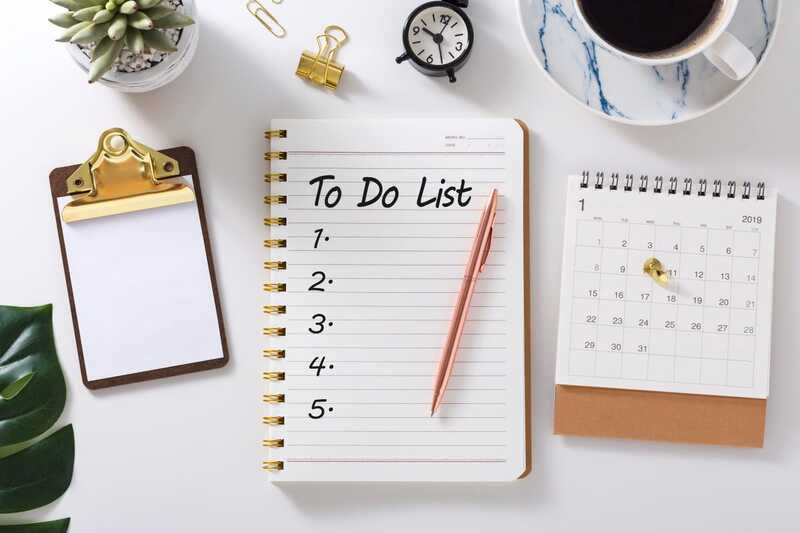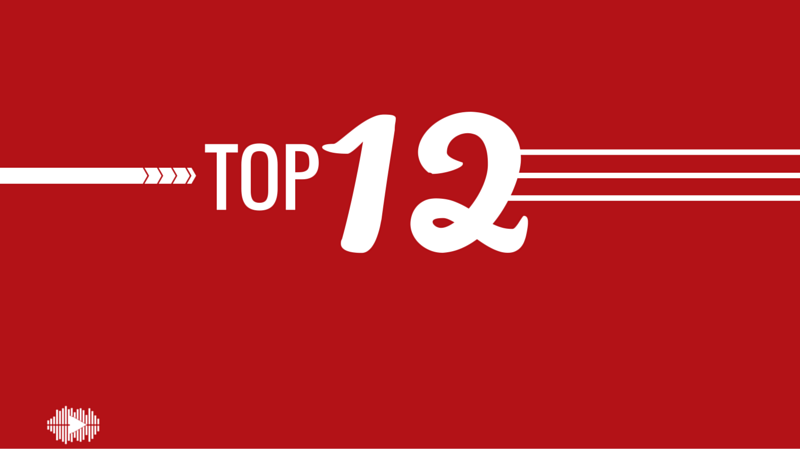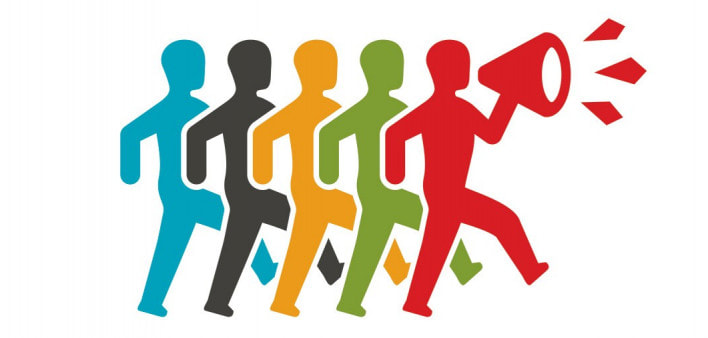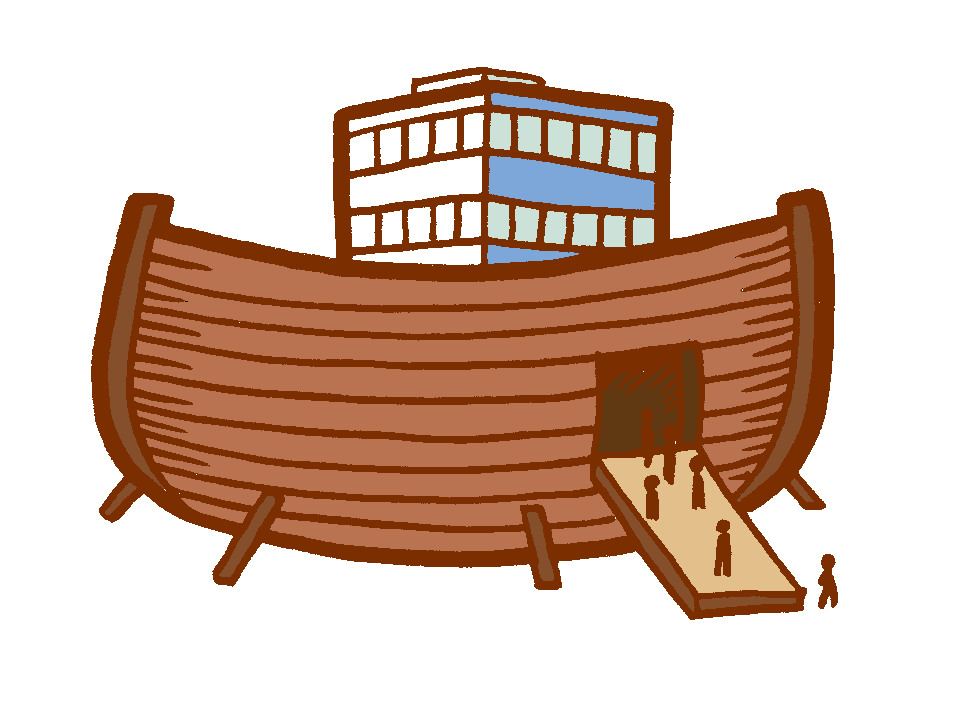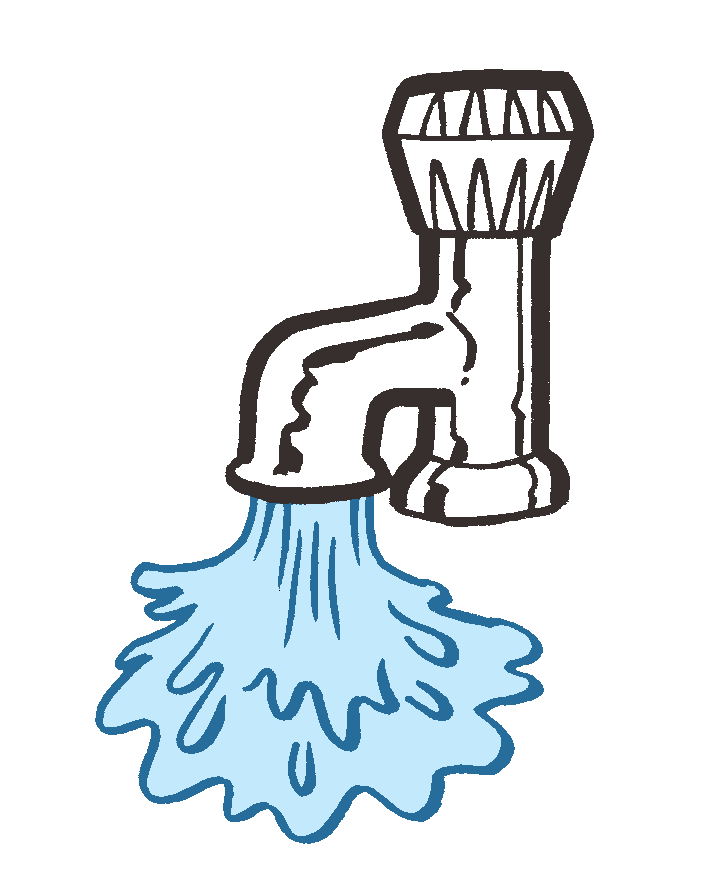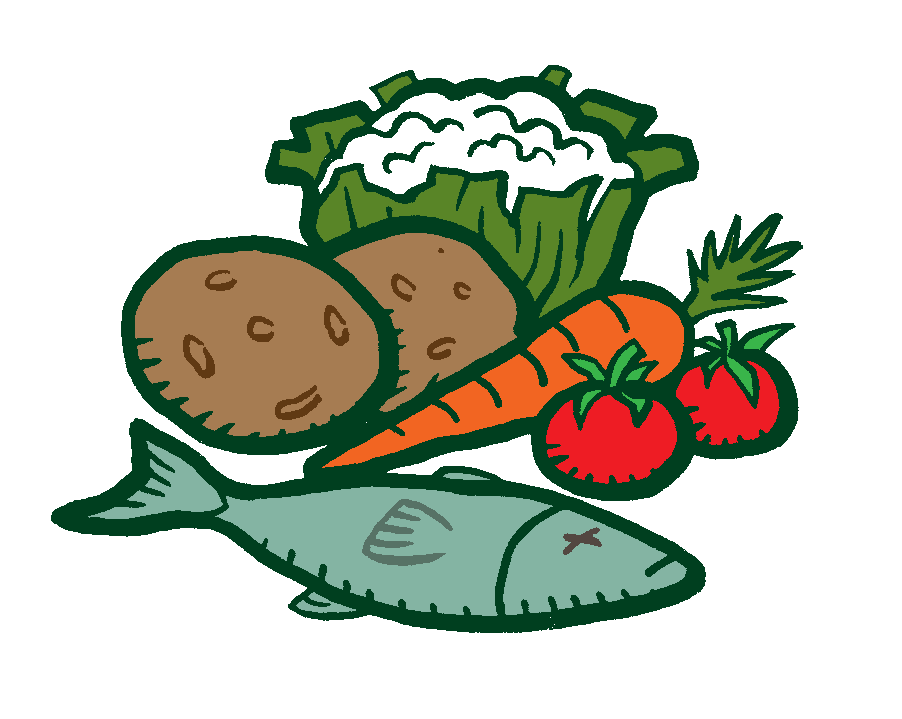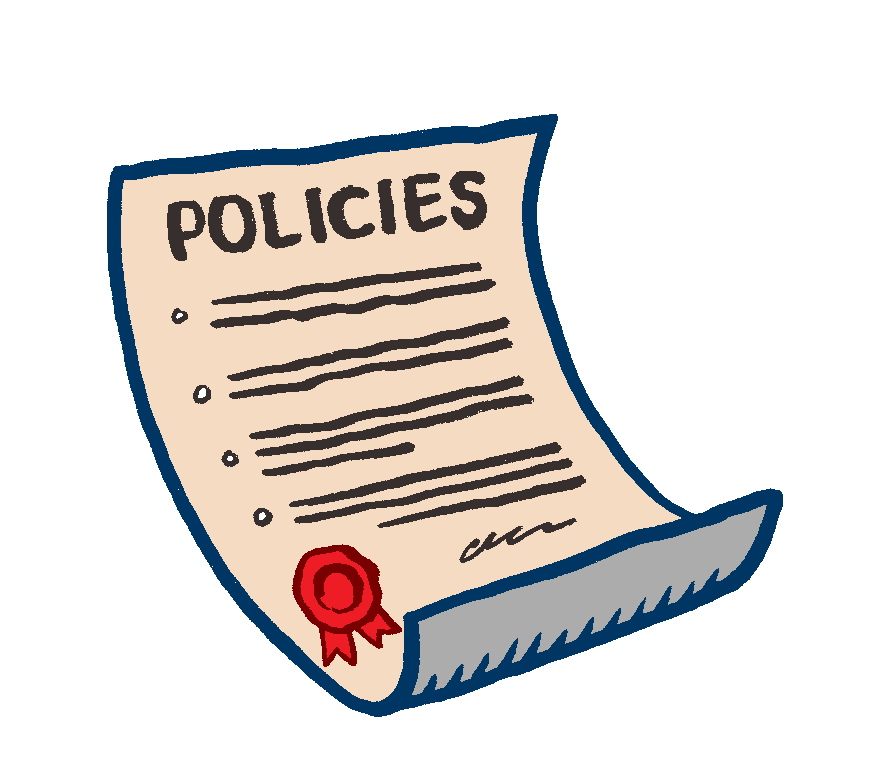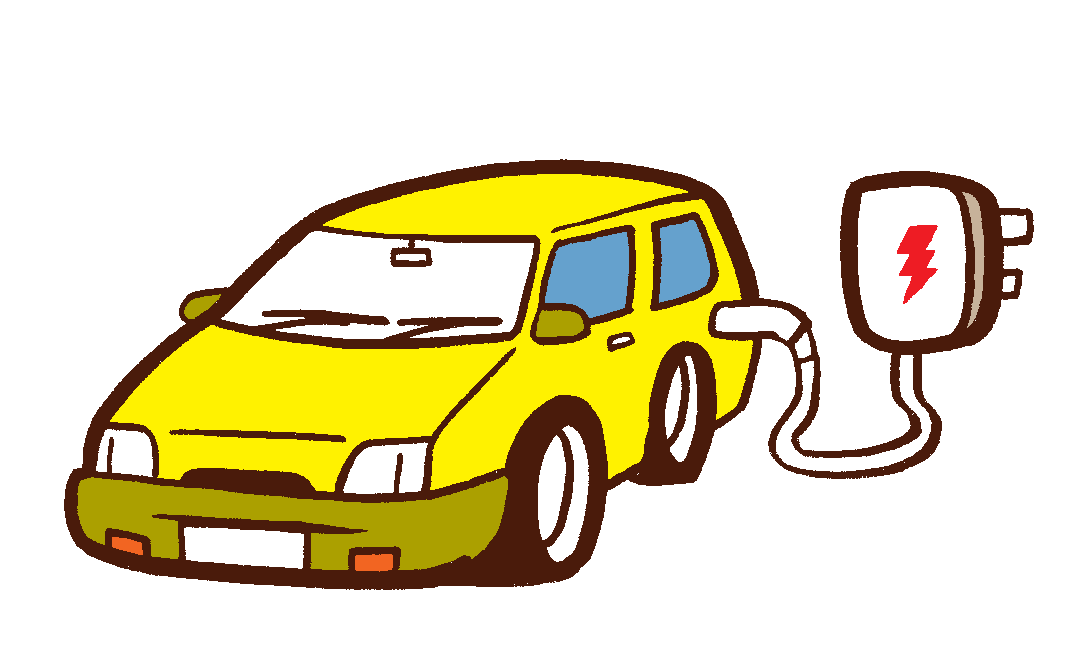Cornwall has a huge voluntary and community and social enterprise sector. We work within all geographies and all issues across the county - social justice, biodiversity, arts, housing, climate breakdown, food, transport, health, marine space, landscape, education, wellbeing, sports, literature - there is civil society and community action in every corner of our lives, working for the good of all.
With such connections and reach into so many sectors - private, public and community - and so much knowledge, we are in a prime position to enable the communities, clients, partners and publics we work with to wrap their hands round what the climate and nature emergency means, and how they can respond, cope, lead, and build our collective resilience.
So we're starting to build the tools and connections we need to do something about this potential. As our colleagues in the VCSE in the NE have stated, there are three huge roles we can play:
ONE we can lead by example, encouraging colleagues, staff, volunteers and other VCSE groups who work in our area of expertise to pick up the challenge of making sure we know what's happening; making sure we are bringing our own emissions down, and making sure we are building up our resilience.
TWO we can talk with the people we are working with, so they know what's happening, and can take action that's appropriate for them - whether it's reducing their own impact, or finding ways to become more resilient in terms of their homes, or health, for example by ensuring they can access home insulation, or more accessible green spaces without transport.
THREE we can influence the private and public partners we work with, encouraging the development of policies and practices that look after the our communities and our habitats, fully informed by emerging science *and* by the voices of those with lived experience so ensure everyone is involved. .
So we're starting to build the tools and connections we need to do something about this potential. As our colleagues in the VCSE in the NE have stated, there are three huge roles we can play:
ONE we can lead by example, encouraging colleagues, staff, volunteers and other VCSE groups who work in our area of expertise to pick up the challenge of making sure we know what's happening; making sure we are bringing our own emissions down, and making sure we are building up our resilience.
TWO we can talk with the people we are working with, so they know what's happening, and can take action that's appropriate for them - whether it's reducing their own impact, or finding ways to become more resilient in terms of their homes, or health, for example by ensuring they can access home insulation, or more accessible green spaces without transport.
THREE we can influence the private and public partners we work with, encouraging the development of policies and practices that look after the our communities and our habitats, fully informed by emerging science *and* by the voices of those with lived experience so ensure everyone is involved. .
So thanks to some funding from the COMF monies, Volunteer Cornwall enabled a group of us to get together on 10th December 2021 and start to think about what that might look like. Below is the wee set of slides we used to kick off, and then some of our ideas... add your thoughts there, and we can build on that to create some fabulous VCSE Climate and Nature Crisis action in 2022 ...
Your browser does not support viewing this document. Click here to download the document.
top ideas - add your comments!
one: inspire, share and learn
1: Act: Create a top 12 list of actions all VCSE organisations can take on biodiversity, justice, carbon and climate - from operations to energy to procurement to event management to working with trustees and volunteers and staff to communications to policy change ....
2: Lead: encourage 6 VCSE Climate Pioneers to step up to lead the way to enable others to do the same
3: Peer support: establish VSCE Green Doors: real or virtual visit to a VCSE partner to see what they're doing and what they have learned to factor climate resilience and nature restoration into their day to day operations
4: Train: develop training for trustees/directors/governing body to help inform decisions (Charity Commission guidance does not yet note climate breakdown as a risk)
5: Connect: create a great platform, or regular meet up, to share our best ideas
6: Declare: develop a declaration/charter for the VCSE to engage all other VCSE orgs (and their constituencies) and use it to generate even wider engagement
7: Share: share the best tools we come across, for carbon counting, creating and measuring environmental growth and habitat creation, and getting we work with involved
two: top notch information from the experts
1. Learn: invite those VCSE members who have expertise in carbon, climate or biodiversity to cite their best actions for the whole of the sector
2: Communicate: launch a series of sessions from friendly climate and biodiversity scientists at the University of Exeter to chat to VCSE pioneers on a regular basis to make sure we know what we're talking about and can speak to others with climate confidence
3: Support: connect with those people developing climate cafes and great techniques for managing eco-anxiety, so we're all well equipped
2: Communicate: launch a series of sessions from friendly climate and biodiversity scientists at the University of Exeter to chat to VCSE pioneers on a regular basis to make sure we know what we're talking about and can speak to others with climate confidence
3: Support: connect with those people developing climate cafes and great techniques for managing eco-anxiety, so we're all well equipped
three: make big change happen
1: Catalyse: develop one or more VCSE Climate and Nature Ambassadors to connect with the private sector and the public sector to collaborate on policy and practice changes required to create the resilient future we all want - and need!
Are these enough?
Can we do better, or different?Let us know!
Here are some of the top actions we can take as the VCSE:
1: teach ourselves what we need to know
2: build up the climate resilience of the people we support
3: advocate for a just transition and climate justice for those who are most vulnerable through poverty, poor housing, or poor health and other inequalities
4: keep climate and nature firmly in mind when we buy stuff
5: make our buildings work for climate and nature
6: make climate and nature positive decisions about our energy and water and internet utilities
7: make our organisation's land or gardens climate and nature positive
8: make food our organisations buy climate and nature positive
9: make our organisational policies climate and nature positive
10: count our carbon and get our transport emissions down
11: get our money in our banks and pensions out of fossil fuels, and into ethical hands
12: talk about what we're doing and influence partners to take climate and nature positive action!
And if you want to see some fantastic half hour films made by our very own Claire Wallerstein of Cornwall Climate Stories, check them out below:


